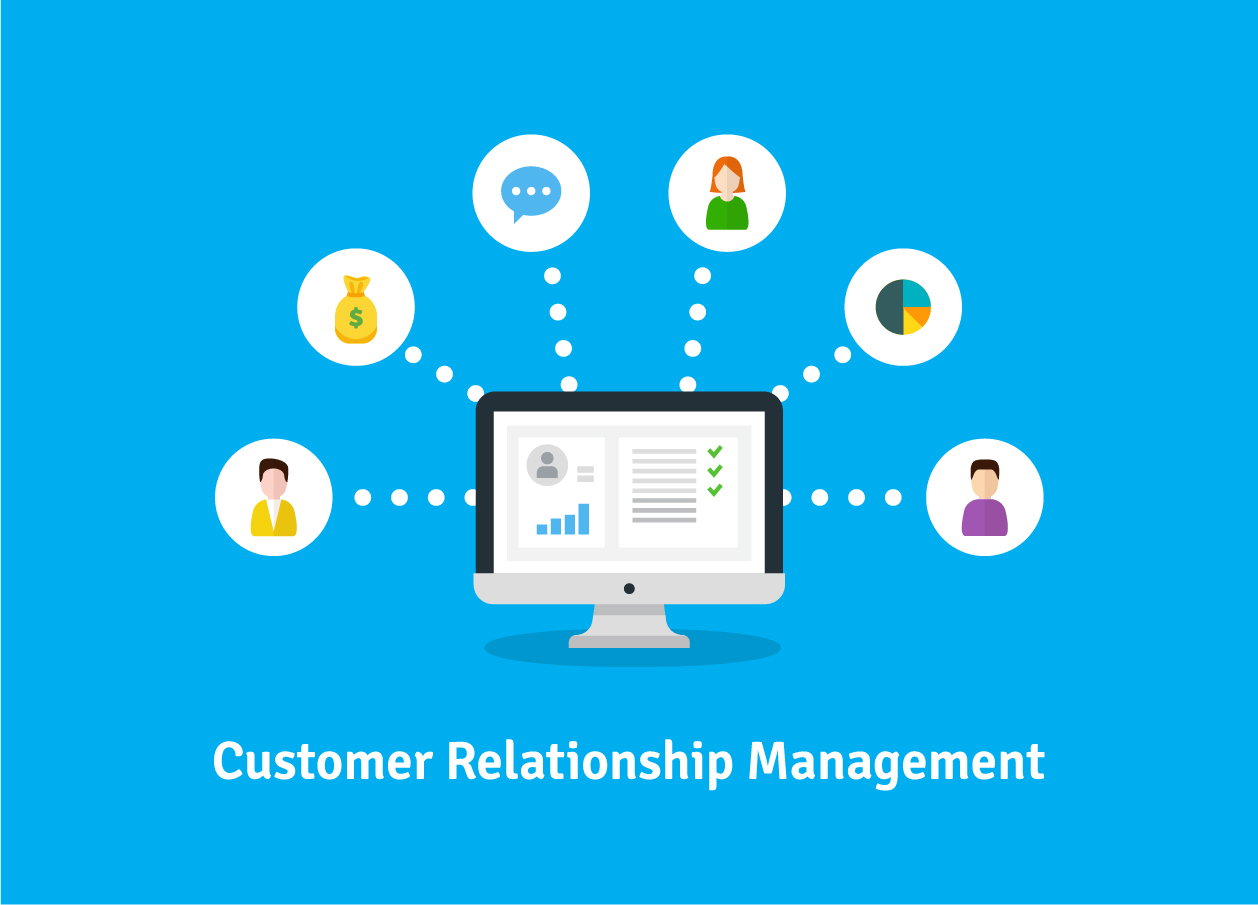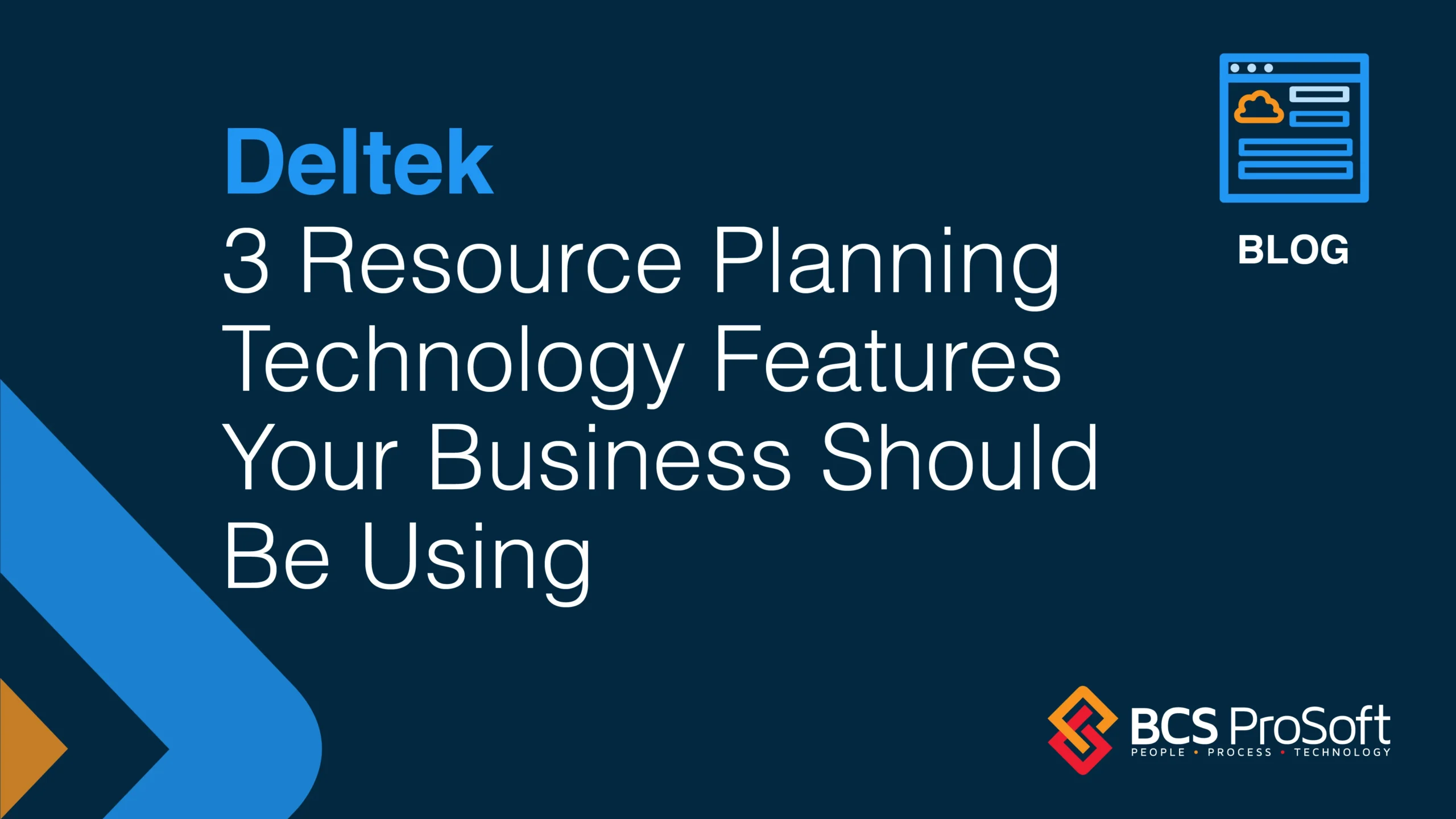If you are still using spreadsheets and the notes app on your computer to manage your projects we have a serious message for you: it’s time to make the switch to project management software.
Don’t let the sound of it scare you away. Project management software isn’t complicated, and can save you time, money, and energy in the long run. Whether your business is small or large, project management software can help streamline processes for better results.
But it doesn’t stop there. We’re about to show you the other amazing benefits of project management software that you won’t want to miss out on.
What is project management software?
Project management software is a specialized type of application software designed to facilitate the organization, tracking, and management of project components. This software typically offers a range of tools and features that assist project managers and teams in planning, executing, and monitoring project tasks and timelines, thus contributing to more efficient and effective project completion.
16 Benefits of Project Management Software

Now that we’ve gotten the basics of project management software out of the way, let’s dive into how it can benefit your business. Here are 16 advantages of using project management software:
1. Organization and Time Management
If you’ve ever struggled with keeping your projects organized and on track, project management software can help. A project management tool offers features that allow you to plan projects and keep a finger on the pulse of your project progress. You can create tasks, assign deadlines, view activity streams, and more, you’ll be able to closely monitor the progress of all your projects in one place.
It also helps keep employees on task by providing them with a centralized hub for their work. It’s a win-win for both you and your employees.
2. Centralized Project Data
An essential part of managing projects is being able to access project data quickly and easily. Project management tools give you a centralized hub for all your projects and their related documents. By having everything in one place, you’ll be able to quickly find the information you need to effectively manage your projects. It also makes it easier for team members to stay up-to-date with what’s going on since they won’t have to hunt down information in multiple places.
3. Streamlined File Sharing
It can be really frustrating to keep track of all the various files associated with a project, such as documents, images, and videos. Project management tools make it easy to share these files in one place without having to email each team member. This helps ensure that everyone is working with the most up-to-date version when they need it, which reduces confusion and wasted time.
4. Identify Potential Project Challenges
As a project manager, it’s your job to be able to identify potential problems that may arise during a project. A project management tool can provide valuable insights into the progress of the project, so you can easily spot any potential issues before they become a bigger problem. For instance, let’s say an employee is behind on their tasks, or the project budget has run out of funds. A project management tool can alert you to these issues so you can address them quickly and keep the project running smoothly.

5. Boosted Cooperation Among Team Members
One of the most important benefits of using project management software is that it can help to increase cooperation among team members. By having all the relevant information available in one place, everyone can stay on the same page and quickly communicate their thoughts and ideas with each other. There’s no excuse for delayed communication or misunderstandings, and this can help to make sure everyone is in agreement on what needs to be done.
6. Good for Remote Work
After 2020, the concept of remote work increased significantly as we all know. A project management software ensures that all team members can still stay up-to-date with each other’s progress, even when working from different locations. With features like task synchronization and real-time messaging, everyone can easily collaborate and make sure they’re on the same page regardless of their physical location. This makes it easier to get project planning and management done and dusted.
7. Streamlined Reporting and Analytics
Part of your job is reporting back to the client and your stakeholders, and project management software makes this a breeze. The ability to track progress on each task in real time helps you easily generate insightful reports and analytics that you can use to show your client where their money is being spent and how the project is progressing. This transparency ensures everyone stays informed of updates, changes, and decisions made throughout all stages of the project.
8. Budget Management
Nothing is more important than being able to manage resources. Project management software helps you keep an eye on spending and ensure the project is running smoothly within budget. You can see in real-time how much of your budget has been spent, giving you a good indication of where to allocate more or less resources accordingly. With this level of visibility over project finances, it’s easy to stay ahead of budget issues before they become big.
9. Time Tracking and Productivity
Wouldn’t it be great if you had an inside view into how much time each of your team members was putting into the project? Good project software will come with a built-in time-tracking feature that can allow you to monitor how much time is being spent on each task and who is doing it. This way, you can make sure work is getting done efficiently and identify any issues before they become too severe- making your life easier in the long run.

10. Pipeline Management
Part of project planning and execution is managing a pipeline of tasks that need to be completed. Quality project management software will provide you with the ability to organize and visualize your entire workflow in an easy-to-understand way that is also simple to adjust when changes occur. Having a clear pipeline will make it easier for you as a project manager and on your team.
11. Definitive Objectives
It’s time to say goodbye to the days of vague objectives and undefined goals. By setting definitive objectives for your project, you’ll be able to measure progress and quickly identify when something is going off track or has been completed ahead of schedule. Project management software can help you with this by providing you with the tools to establish measurable objectives and keep track of them throughout the entire project.
With more precise objectives, team members can work together confidently knowing they are contributing to the greater good.
12. Easy Onboarding
Nothing can stall a project like slow or inefficient onboarding. Your project managers will be able to quickly onboard new clients and projects, freeing them up to focus on the more important tasks. Project management software with artificial intelligence can automate project planning and the onboarding processes, such as creating accounts, setting up permissions, and assigning roles. This makes it easier for everyone involved to get started quickly and efficiently.
13. Progress Tracking
Nothing pushes a project forward like tracking progress. With project management software, you can track the progress of your projects quickly and easily. The software provides clear visuals of where a team is in the project as well as an understanding of how far they have come. This allows for better decision-making, timely adjustments, and improved communication among team members.
14. Improved Workload Management
As project managers, you’ve probably felt the burden of being overloaded with too many tasks. With project management solutions, you can manage your workload by assigning tasks, tracking progress and measuring performance. This allows for a more efficient use of time, leading to increased productivity. You’ll have a clear visual on all the tasks that need to be done, as well as a clear understanding of when and how they should be completed.
15. Integration Capabilities
Project management tools are designed to work seamlessly with other tools and software used by the organization. This makes it easy to integrate your project management system into existing systems, providing a single source of truth for all data related to the project. Let’s say you regularly use Deltek or Slack for accounting and communication. Project management tools will let you link these platforms to view data in real time, helping you to stay on top of your projects quickly.

16. Increased Transparency
One of the major benefits of project management software is increased visibility. It offers a single source of truth for all projects and tasks, which means everyone has access to the same information. This makes it easy for stakeholders to track progress, identify issues quickly, and take action when needed. Plus, the ability to customize views ensures that each person is looking at only the information relevant to their specific role in the project.
How to Choose the Right Project Management Software
Choosing the right tool is all about knowing your needs and leveraging the project management software features to match them. In our experience, here are some things that you can focus on that will help you ensure you are getting the best project management software for your needs:
Assess Your Needs: Begin by evaluating the specific requirements of your organization. Consider the size of your team, the complexity of your projects, and any unique aspects of your workflow. Understand the problems you are trying to solve with the software. Are you looking for an easy-to-use platform to keep everyone on track? Do you need more advanced features like budget tracking and task delegation? Knowing your needs will help you narrow down the search.
Identify Key Features: Not all management software is created equal. A project management system that meets your needs should include all the features necessary to support your business workflows. Look for a software solution with features you need, such as task assignment, automated reminders and notifications, resource scheduling capabilities, budgeting tools, and reporting capabilities. Additionally, look for features that go beyond the basics, like task dependencies and milestone tracking. Make sure that all of these features are available in the platform you select.
Consider User Interface and Usability: The software should have an intuitive and user-friendly interface. It should be easy for your team to understand and use efficiently without extensive training. No one knows your team better than you do. Understanding what your team needs and how they want to work is essential.
Integration Capabilities: Do you use other applications or software in your business? If so, you should look for project management solutions that integrate with the tools and systems you already use. This will help streamline the process and make it easier to perform specific tasks. Furthermore, think about any potential integrations you may need in the future.
Scalability: Ensure that the software can scale with your business. It should be able to accommodate more projects, users, and complex data as your organization grows. Nothing is worse than finding your flow in managing projects and then suddenly having to switch to a different project management platform.

Check for Customization Options: The ability to customize the software to fit your specific project management processes can be a significant advantage. Your project management software features should be tailored to the way your team works. Do you need to be able to set notifications for each task? Is a timeline view important for your team? Finding out what needs to be customizable for you to be successful is a great place to start.
Review Collaboration Features: Consider how the software facilitates collaboration among team members, especially if your team is remote or geographically dispersed. Does the platform allow for quick communication? Are there features that allow you to coordinate with freelancers or contractors? How does it handle document sharing and project tracking?
Analyze Cost vs. Benefit: Understand the pricing structure and compare it with the benefits and features offered. Consider not just the initial cost of project management software but also long-term expenses. Make sure you are making an investment that will pay off for your project team in the long run.
Read Reviews and Seek Recommendations: Look for reviews from other users, especially those in a similar industry or with similar project management needs. Peer recommendations can provide valuable insights. Check out sites like G2 and Capterra for honest reviews and recommendations.
Final Thoughts
The last thing you want to do when managing multiple projects is to get stuck with a tool that doesn’t meet your needs. Doing the necessary research upfront will ensure that you find the most effective and efficient project management software for your team. Keeping track of documents, tasks, and people can be overwhelming, but the right tool will help make it manageable. Make sure to weigh all of your options carefully before making a final decision. A good way to do that is by taking advantage of free trials! Several platforms offer a free trial period to test the software before committing to a subscription, so be sure to utilize trials and get feedback from your team.
And remember, BCS Prosoft’s Deltek Vantagepoint consulting and implementation services are here to help you get started and make sure that your project management software is up and running quickly. We also have other blogs that are a wealth of knowledge on many different subjects, including finding the best project management tools for your industry.
Feel free to reach out if you have any questions or just need a little extra support in selecting the right tool for your team. We look forward to hearing from you soon!
Frequently Asked Questions
What is a major benefit of project management software?
A major benefit of project management software is time savings, though there are so many benefits to using one. Having a centralized workspace for documents, tasks lists, and communications can help streamline processes and reduce errors. This makes it easier to get projects done faster and with greater accuracy. Additionally, having access to real-time analytics helps teams make data-driven decisions that improve their workflows.
What are the four main types of project management software?
The four main types of project management software are task management software, project collaboration software, project scheduling software, and resource management software. Task management software helps teams manage their to-do list and tasks within a project. Project collaboration software is used for communication between team members and other stakeholders on the progress of a project. Scheduling software provides users with intuitive timelines and Gantt charts that help them visualize project plans in detail. Resource management software is designed to efficiently allocate and monitor the utilization of available resources within a project. It aids in optimizing team productivity by ensuring that resources are allocated appropriately to meet project requirements.
On-premise vs Cloud: It’s worth noting that on-premise software is installed locally on a company’s servers, offering control but requiring maintenance, while cloud-based solutions provide accessibility and scalability without the need for on-site infrastructure. Learn more about this on our blog.
What is project management software good for?
Project management software is good for helping teams stay organized and on task, save time, improve communication and collaboration in the workplace, track the progress of projects, and identify potential issues before they become major problems. It is also great for providing visibility into what other team members are working on so that everyone can stay up to date with tasks. Additionally, project management software helps managers keep an eye on budgets and timelines.
What are the key advantages of using project management software?
The key advantages of using project management software are: increased productivity, better visibility into projects and tasks, improved collaboration across teams, the ability to track progress and measure performance against established goals, and the ability to easily visualize project plans in detail. Project management software also helps teams set realistic expectations for deliverables by providing an accurate timeline of when a project should be completed.
Finally, using project management software can reduce the amount of time spent on manual data entry and tedious administrative tasks. This allows project managers to focus more of their energy on the actual work, resulting in increased efficiency and overall better project outcomes.
What do you mean by project management software?
Project management software refers to a type of application or suite of tools that helps teams organize, plan, and manage projects. It can help with task management, resource allocation, document sharing, communication, budget tracking, and more. This type of software provides an overall view of a project’s progress and helps ensure that tasks are completed on time and within budget.
What is an example of a project management software?
Some examples of project management software are Asana, Wrike, Microsoft Project, Basecamp, and Trello. Each of these applications has its own unique features and benefits that make them suitable for different types of projects. Additionally, many project management software providers offer customizable plans to fit the needs of any team or organization.






